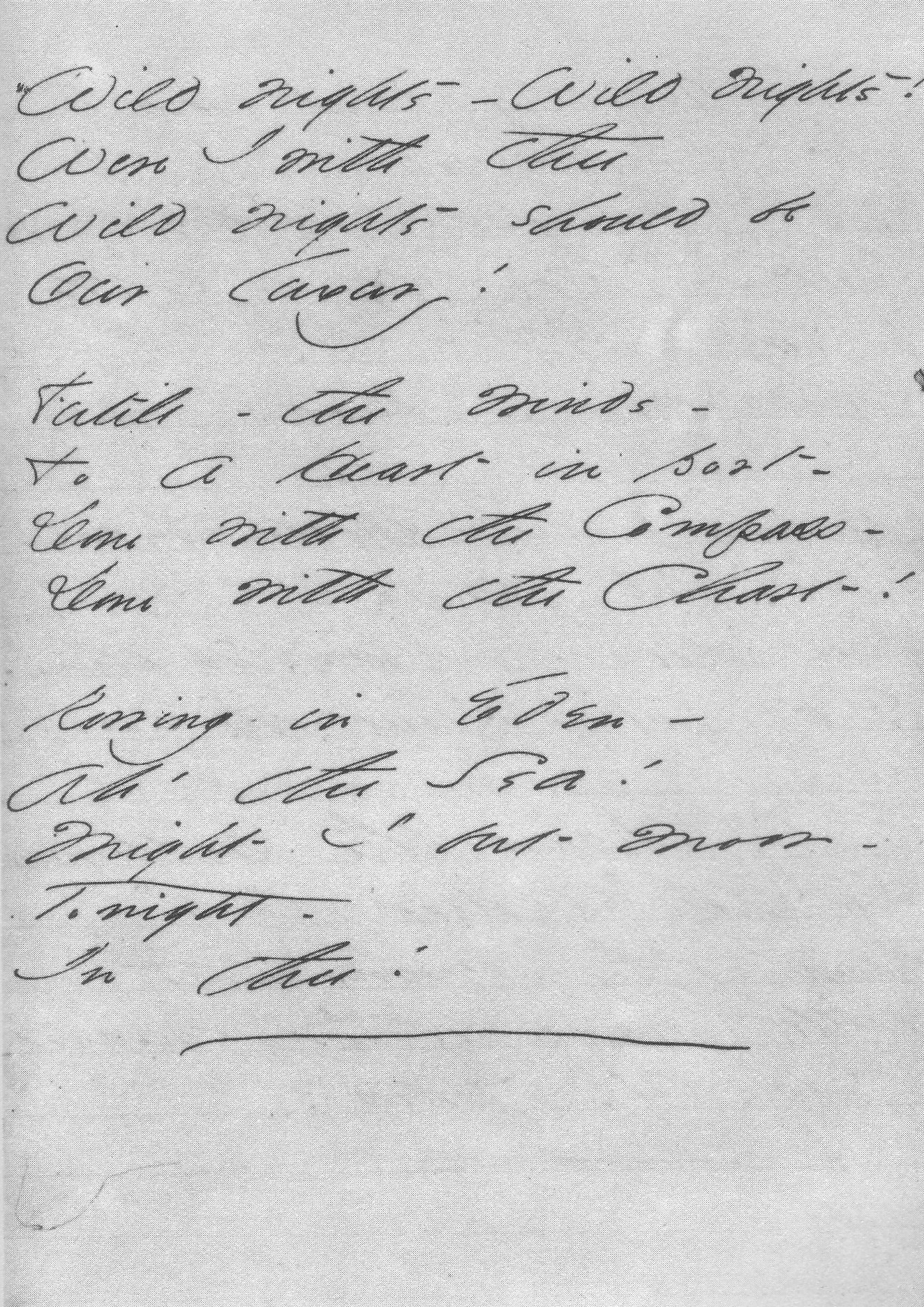Day Twenty-Four. Today is the first day, not of the rest of your life, as some say (though I suppose that's true enough), but rather the first day of the last week of National Poetry Month. Counting today, you could write seven poems more. As a kid, I was enchanted by 24: the numbers 6 and 4 can be multiplied to make 24, and the number 4 is not only one of those two factors but also one of the digits in 24 Maureen Thorson's NaPoWriMo prompt: "I challenge you to write a parody or satire based on a famous poem. It can be long or short, rhymed or not. But take a favorite (or unfavorite) poem of the past, and see if you can’t re-write it on humorous, mocking, or sharp-witted lines. You can use your poem to make fun of the original (in the vein of a parody), or turn the form and manner of the original into a vehicle for making points about something else (more of a satire — though the dividing lines get rather confused and thin at times)." Robert Lee Brewer's PAD prompt: "write a moment poem. The moment can be a big moment or small moment; it can be a good moment or horrible moment; it can affect thousands or matter to just one person. Some moments happen in crowded rooms; some happen in the most quiet of spaces. Find yours and write a poem." I'm combining the NaPoWriMo parody prompt with Robert Lee Brewer's PAD prompt for a moment poem. Playing around with Dickinson's "Wild nights - Wild nights!" (shown below on the right).
You probably know that in the early book publications of Dickinson's work, which appeared after her death, editors removed the dashes she used in most of her poems. To the readers of her own time, the dashes could have been too unusual and even shocking. When I first encountered Dickinson's poems in school as a child, there were no dashes, I'm pretty sure. It was not until quite some time after those early books that scholarly editors editing the poems to be studied re-inserted the dashes. An interesting fact about Dickinson's dashes is that they are not uniform. She used several different kinds of dashes, if that's indeed what they are. In this single handwritten manuscript, we can see at least two distinctly varying kinds. Most resemble hyphens, though they are different lengths. The marks after "Futile" and "winds" in line 5 are shorter than the ones in the middle of line 1 and the end of line 9. Notice, though, that the mark after "Ah" in line 10 is more vertical and not dash- or hyphen-like at all to my eye. It's more like an apostrophe, don't you think? But the various scholarly editors have all rendered that mark as a dash. It's a tough call. The dash has become the consensus among Dickinson experts, but really we don't know with certainty how she herself might have had those marks rendered in print as opposed to handwriting. Okay, on to our good friend Alan. "The combined prompts call for a parody and an important moment," he says. "I have been working with both Flannery O'Connor and Gerard Manley Hopkins lately (there's a project I'm perhaps participating in), and it just struck me that there is a moment in 'Good Country People' that could fit the dual prompts. One character in the story is named 'Manley Pointer.' I think you have an idea of where I am going." The Wooden Leg Again a Petrarchan sonnet. Bravo, Alan. I'm impressed at how you can spin out these rhymed and metered forms so easily and gracefully. And I love the Gerard Friends, won't you comment, please? Love to know what you're thinking. To comment, look for a red line below that starts Posted by, then click once on the word comments in that line. If you don't find the word "comments" in that line, then look for a blue link below that says Post a comment and click it once. Thanks! Ingat, everyone. ヅ |
Wordless Wednesday, February 2026
6 hours ago







2 comments:
Last night in Asheville, I told a Hopkins scholar what I did, and he nearly did a spit take.
I like the "done with the compass / done with the chart" part, especially.
Post a Comment